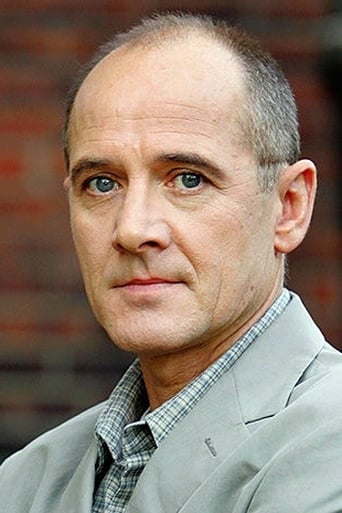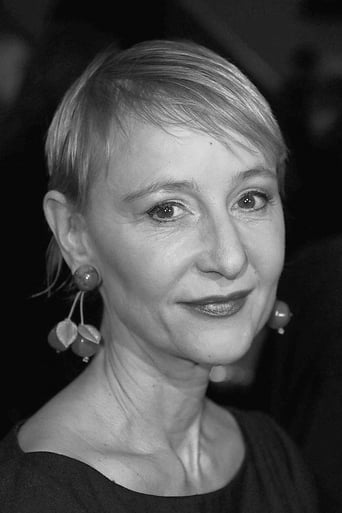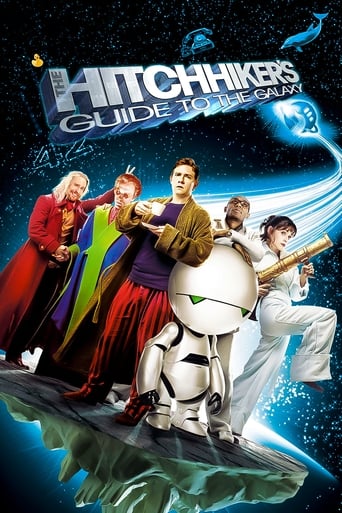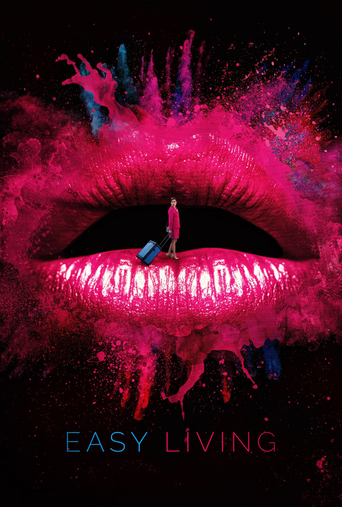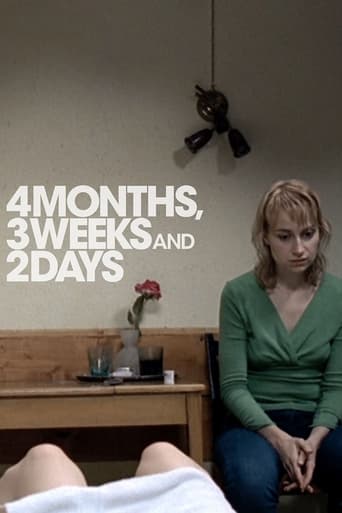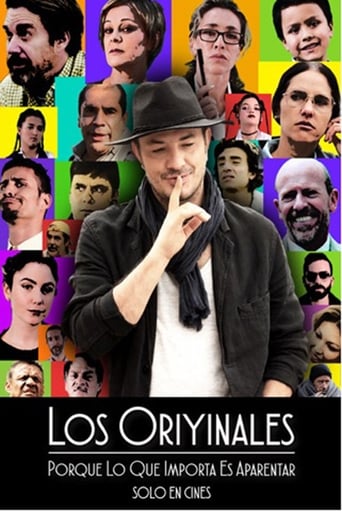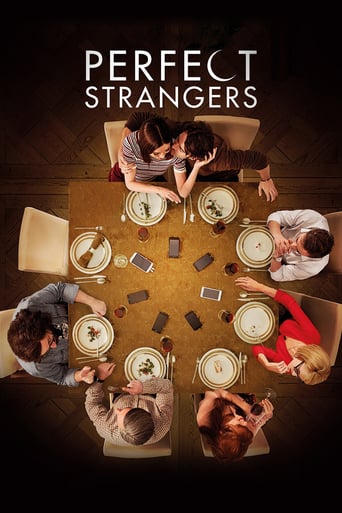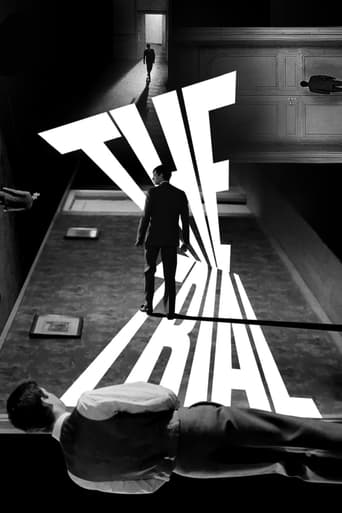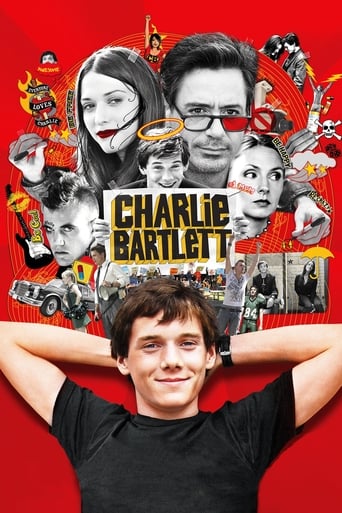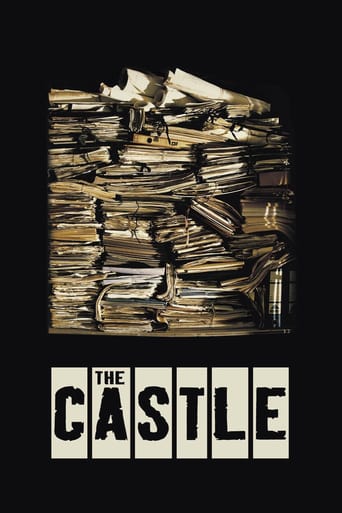
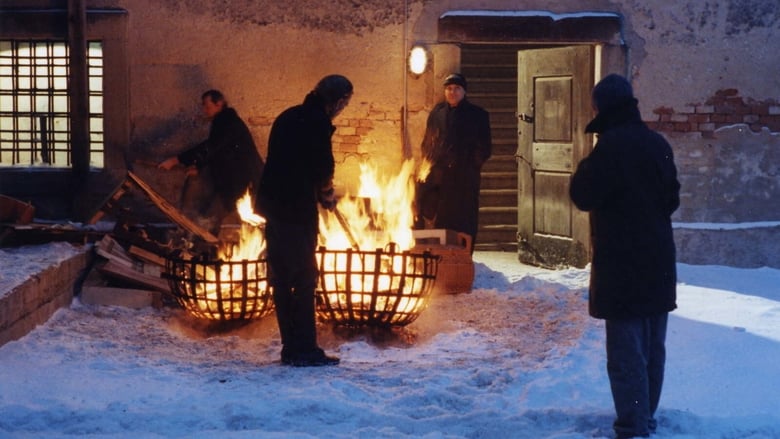
The Castle (1997)
Michael Haneke's adaptation of Franz Kafka's unfinished novel Das Schloss. K arrives in a remote village a stranger. In attempting to establish himself there, he enters the nightmarish world of the castle bureaucracy.
Watch Trailer
Cast


Similar titles
Reviews
"Das Schloß" or "The Castle" is a German/Austrian co-production from almost 20 years ago and writer and director Michael Haneke made this one the very same year he released the original "Funny Games". For this one here, he adapted the work of famous author Franz Kafka and I guess this is also the main problem I had with this one. The material just wasn't interesting enough to me. I quite like some of Haneke's other stuff, but this one not so much. He cast many people that also appeared in other works of his, such as lead actor Ulrich Mühe, Susanne Lothar and Frank Giering, sadly all of them dies untimely deaths. "The Castle" is a television production that runs for over 2 hours and I cannot deny it dragged on many occasions.I think the acting and direction in here is pretty good, as usual with Haneke/Mühe etc. but the base material just did not do too much for me. I was very bored by the story and the massive runtime certainly did not help at all. It is a very bleak and atmospheric watch as you are used to if you have seen some of Haneke's other works, but this alone cannot make up for all the other flaws in this film. I personally do not recommend checking it out unless you are a huge fan of Kafka's work, this one here or just in general. Everybody else should stay away. Thumbs down.
I really like Amour and White Ribbon but this is utter claptrap. So boring and such a dull story line which abruptly ends without any conclusion. Visually it's a bore. Hitchcock would have called this "Photographs of people talking". The film is heavy on dialogue. There was little point in making this into a film as 99% of the information is given through dialogue and narration and the story might as well have been a radio play. Don't waste 2 hours of your life.So if it is supposed to be some poetic reflection on life or a particular issue then it needs to be clearer. In my opinion a film should be understandable in its own right. If I need to read Kafka in order to watch the film, then that is a failure in my opinion.
This film is certainly not for everyone. Maybe for Haneke completists only.It is based on one of Franz Kafka's three novels, and it can basically be described as a satirization of bureaucracy.K (Ulrich Mühe - Georg in Funny Games) arrives for a job and is met with resistance. The next day two assistants arrive (one is Artur (Peter from Funny Games). K spends most of his time trying to get into the castle to do the work he was hired to do, but it seems he isn't needed.He takes up with Frieda (Susanne Lothar - Anna from Funny Games, and the midwife in The White Ribbon).From here it is surreal and confusing. He bounces from official to official never really getting anywhere.Haneke and Kafka were made for each other.
Michael Haneke illustrates Franz Kafka's manuscript for the novel bearing the same name, in his film 'Das Schloss'. We can call it a cinematic rendition of the plot. The film begins with the scene of K. entering the door of the inn, which commences with the still image of a mountain village posted on the door. Consequently the film ends unexpectedly in the middle of a scene which presents K. walking to the horse stables waiting to find Gerstäcker's mother reading. It's like you read a text and you stop where it stops. This illusion is perfectly staged by Haneke.However, it is a film and not a novel. You cannot control the point where you would like to stop. You cannot read again a paragraph; everything is rendered linearly, in a narrative form. Basically, in this instance the film as a medium encompasses the novel. It would feel inappropriate to say just that about this film.What is remarkable in Haneke's work is the way he recreates the absurd universe of Franz Kafka: by using long static shots, lack of conversation, abrupt ending of scenes and arranging all narrative elements to express in every moment a state of insecure and temporary state of facts.The image is outstanding in terms of expressiveness, at least. There are lots of nuances of blue and brown and the light is used very carefully to create special types of dark settings resembling Rembrandt's paintings.The actors' performance must be highly credited, especially in the case of Ulrich Mühe and Sussane Lothar who are playing K. and Frieda, respectively.If making films is about relying on other artistic forms, especially on the novel and if you believe in the concepts of mimetic and cathartic art, then at least you have to come up with something outstanding in these terms. Michael Haneke manages to do this because his very own approach of film-making.


